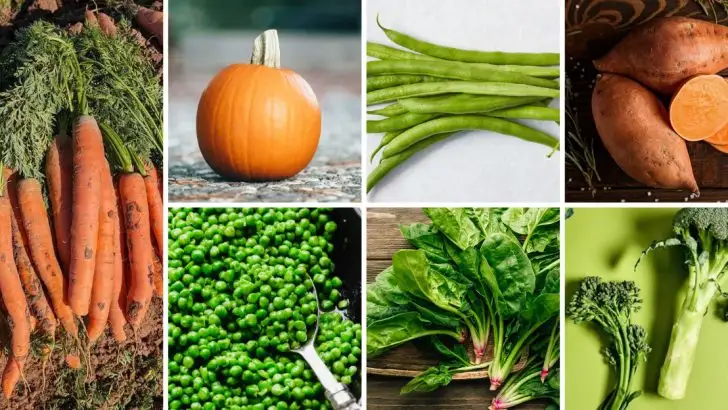Feeding your dog a balanced diet is key to keeping them healthy and happy, and vegetables can be a great addition to their meals. Many veggies provide essential vitamins, minerals, and fiber, all of which contribute to overall well-being. However, not all vegetables are safe for dogs, so it’s important to know which ones can benefit your pet and how to prepare them properly.
Adding the right vegetables to your dog’s diet can help with digestion, weight management, and even skin health. From crunchy carrots to leafy greens, there are plenty of options that are both safe and nutritious. By incorporating these 22 dog-friendly vegetables, you can provide your pup with a tasty, healthy snack that supports their health in more ways than one.
Carrots
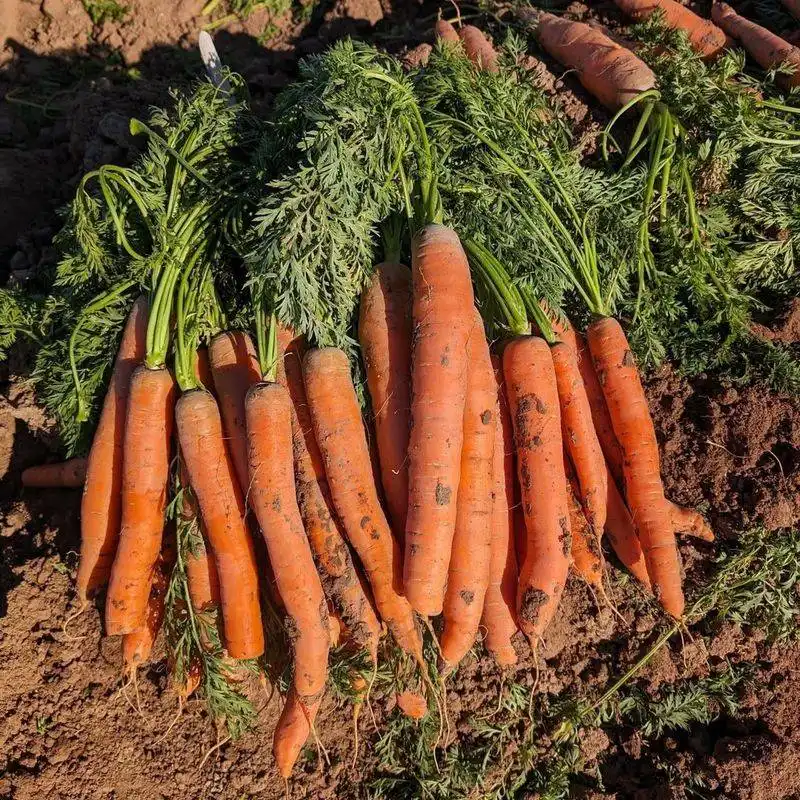
Carrots are a fantastic low-calorie treat for dogs, packed with beta-carotene and fiber. These crunchy veggies are excellent for your dog’s dental health, gently scraping off plaque as they chew.
They can be served raw or cooked, making them a versatile snack. When introducing carrots, start with small amounts to avoid any digestive issues.
Carrots are also rich in vitamin A, which supports good vision and immune function. This makes them not only a tasty snack but also a nutritious addition to your dog’s diet.
Pumpkin

Pumpkin is a superfood for dogs, known for its digestive benefits. It helps regulate bowel movements and can alleviate both diarrhea and constipation.
This vegetable is rich in fiber and moisture, making it an excellent addition to your dog’s meal. Always choose canned pumpkin puree without added sugar or spices.
Additionally, pumpkin contains essential vitamins like A, C, and E, which contribute to overall health. Its sweet taste is usually loved by dogs, turning mealtime into a delightful experience.
Green Beans
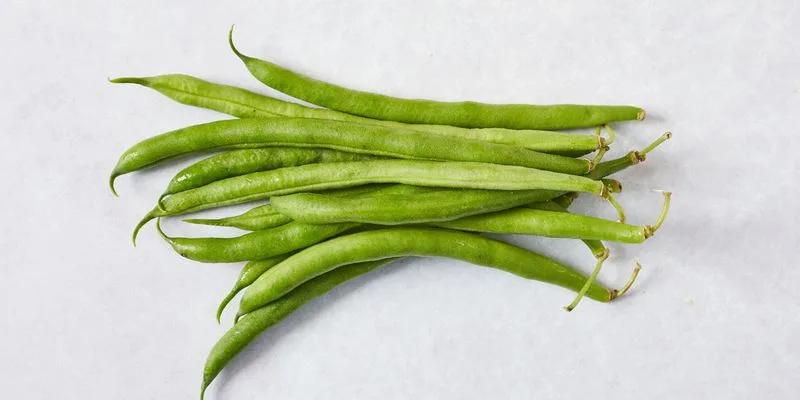
Green beans are a nutritious snack option for dogs, low in calories and rich in vitamins. They provide an excellent source of fiber, which aids in digestion.
These beans can be served raw, steamed, or chopped, adding variety to your dog’s diet. For overweight dogs, green beans make a satisfying treat that’s low in fat.
They are packed with essential nutrients like vitamins A, C, and K, as well as folic acid and manganese, supporting your dog’s overall health and well-being.
Sweet Potatoes
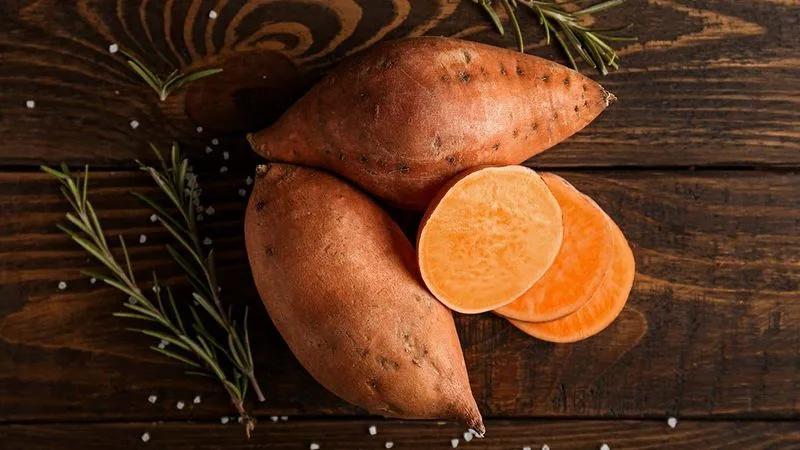
Sweet potatoes are a delicious and nutritious treat for dogs, rich in fiber and vitamins. They are excellent for digestive health and help maintain healthy skin and coat.
Serve them cooked and mashed or sliced into small pieces as a tasty snack. Sweet potatoes are high in vitamin A, which promotes good vision and immunity.
Their natural sweetness makes them a favorite among dogs, ensuring they enjoy this healthy addition to their diet. Avoid serving raw sweet potatoes to prevent digestive issues.
Peas
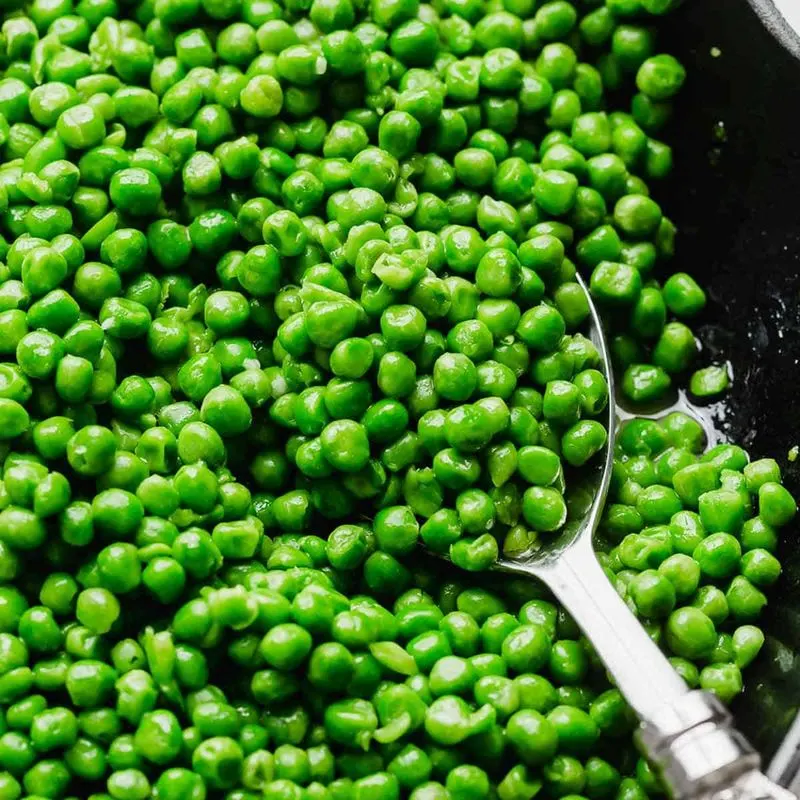
Peas are a popular choice among dog owners for their nutritional benefits. They are packed with protein, vitamins, and minerals like B vitamins, phosphorus, and potassium.
These little green gems can be added to your dog’s meals either fresh or cooked. Peas are particularly beneficial for active dogs, providing an energy boost from their natural sugars.
Their crunchy texture and sweet taste are often appealing to dogs, making peas a delightful and healthy treat that supports strong muscles and overall vitality.
Spinach
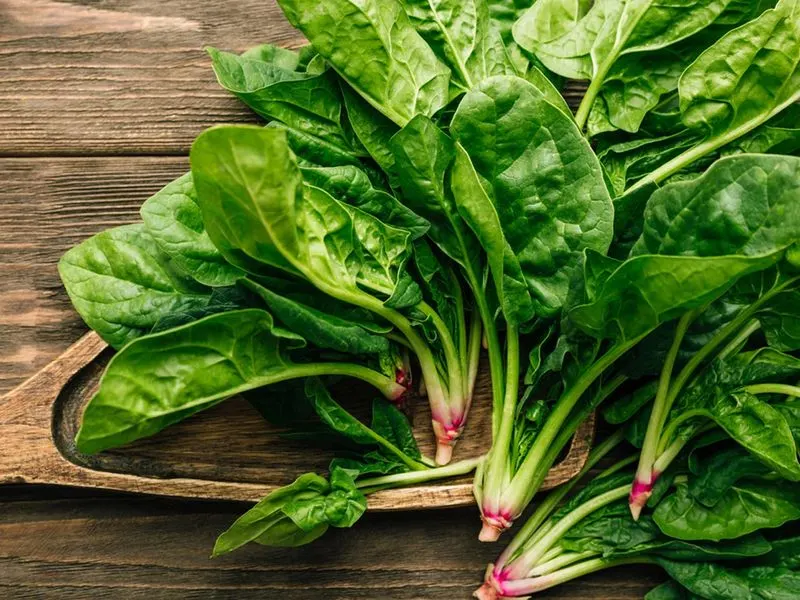
Spinach is a powerhouse of nutrients, offering iron, antioxidants, and essential vitamins to dogs. It’s excellent for maintaining a healthy immune system and promoting overall well-being.
Serve spinach cooked and chopped to ensure easy digestion. It’s best to use it as an occasional treat due to its oxalate content, which in large amounts can affect calcium absorption.
Despite this, spinach can support your dog’s health in many ways, thanks to its rich nutrient profile, making it a valuable addition to their diet occasionally.
Broccoli
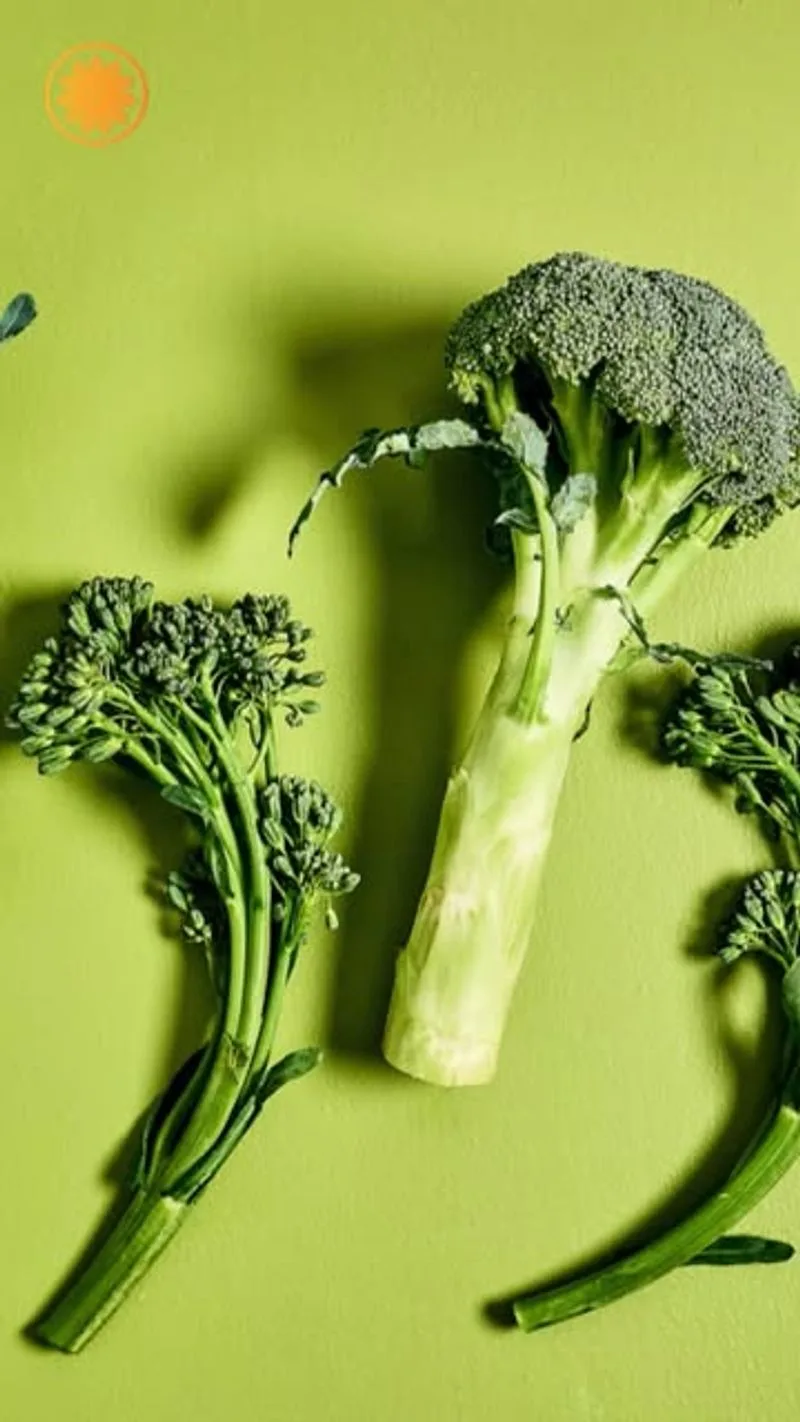
Broccoli is a healthy vegetable for dogs, offering high levels of fiber and vitamin C. It’s great for maintaining strong bones and a robust immune system.
Serve broccoli steamed and chopped into small pieces to ensure safe consumption. Too much broccoli can cause gastric irritation, so moderation is key.
Its crunchy texture often appeals to dogs, making it a fun snack. Including broccoli in your dog’s diet helps provide essential nutrients, supporting their overall health and vitality.
Zucchini
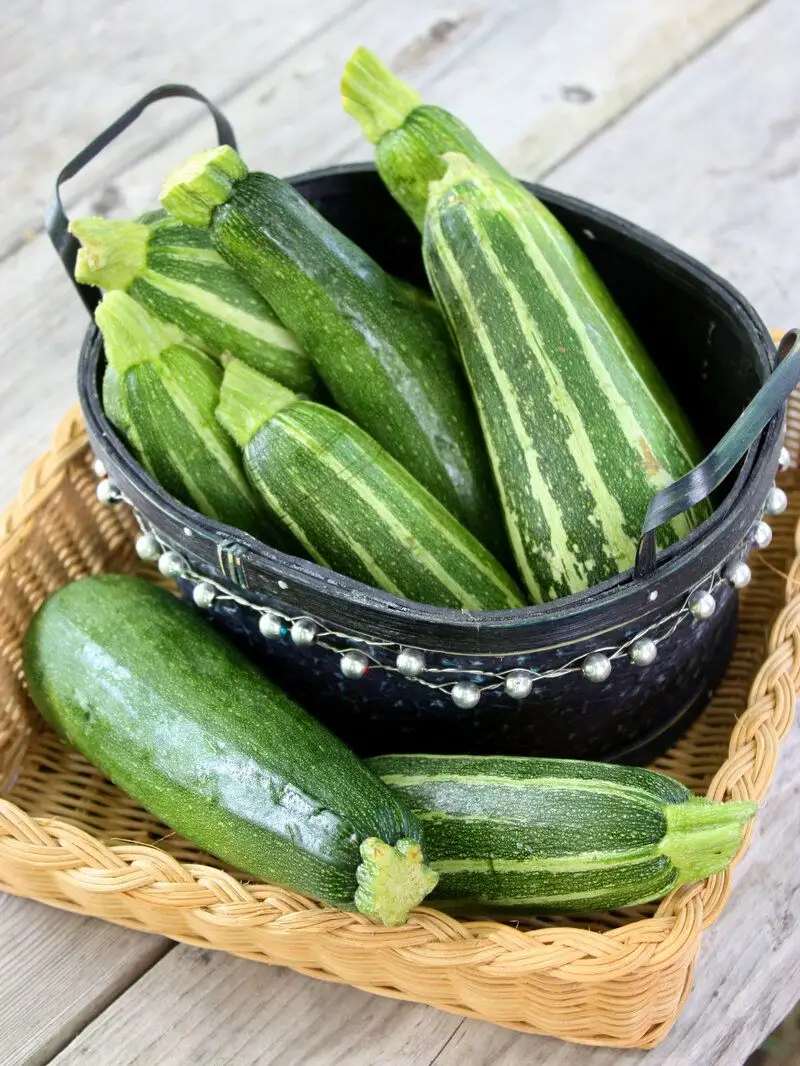
Zucchini is a versatile vegetable that’s safe for dogs to eat, offering low calories and a good amount of fiber. It supports healthy digestion and can aid in weight management.
Serve zucchini raw or cooked, sliced or shredded over your dog’s regular meals. It’s high in vitamins and minerals, including vitamin C and potassium.
Adding zucchini to your dog’s diet can enhance their meal with texture and nutrition, making it a delightful and healthy choice. Always introduce new foods gradually to monitor for any adverse reactions.
Cucumbers
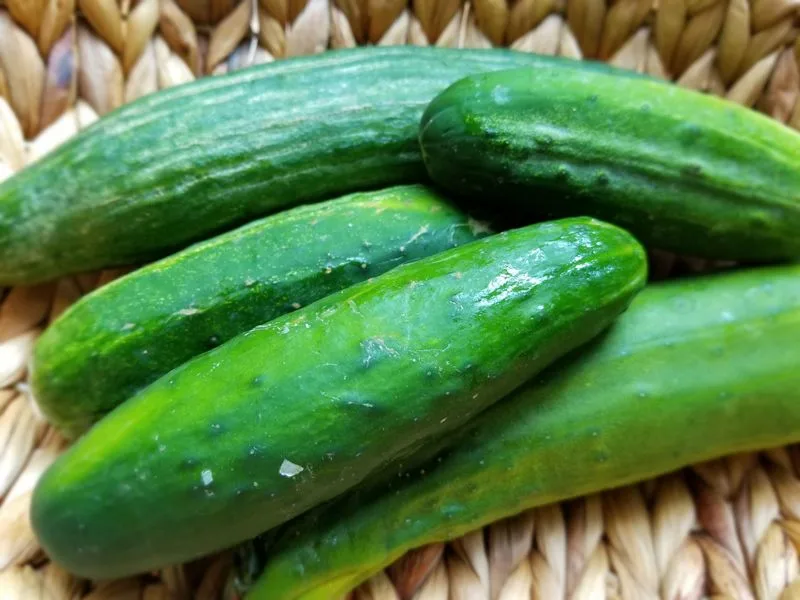
Cucumbers are hydrating and low-calorie snacks perfect for dogs, especially on hot days. Their high water content helps keep your dog hydrated and cool.
These crisp veggies are also rich in vitamins such as K, B1, and C, contributing to overall health. Serve them sliced or diced, making sure to monitor the portion size.
Cucumbers’ crunchy texture is enjoyable for dogs, providing a refreshing treat that supports healthy skin and fur without adding extra calories to their diet.
Celery
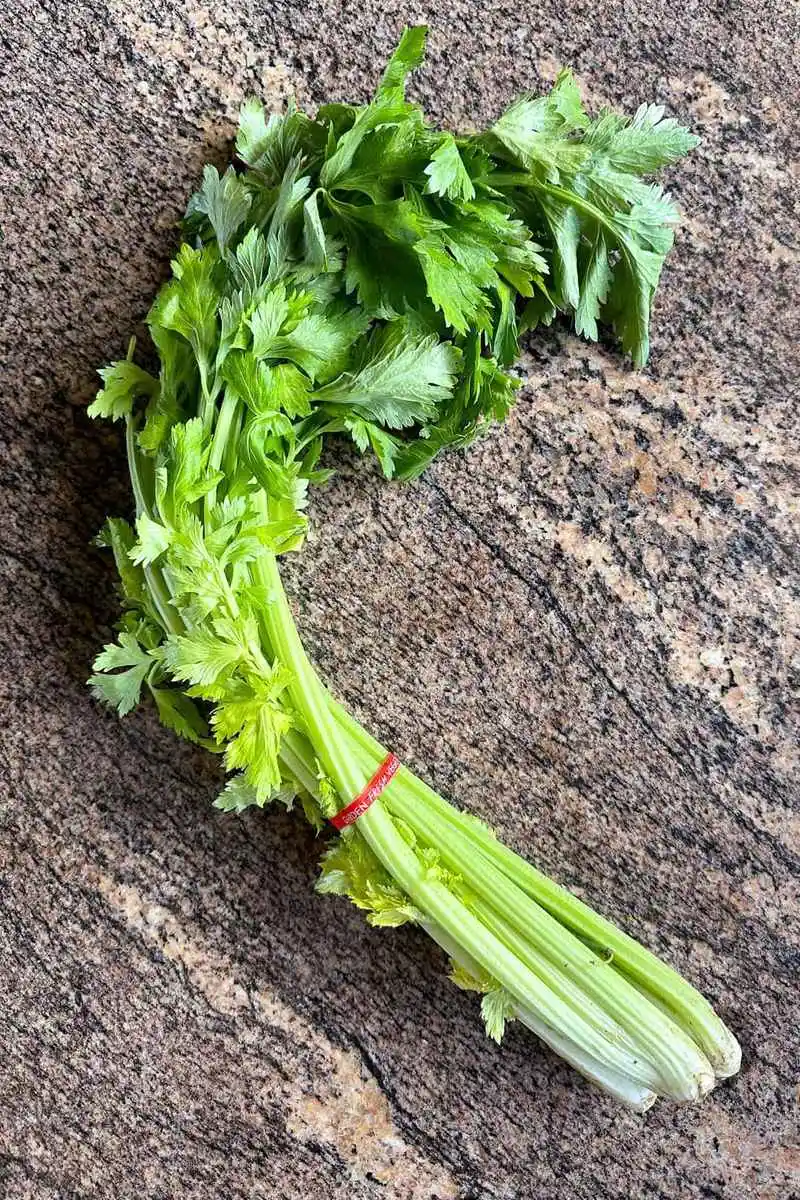
Celery is a crunchy and refreshing treat for dogs, known for its high fiber content and low calorie count. It supports healthy digestion and can aid in weight management.
Serve it sliced, ensuring you remove any tough strings that might cause choking. Celery is also a source of vitamins A, C, and K, promoting overall health.
This vegetable’s crisp texture makes it an appealing choice for dogs, helping to clean their teeth naturally as they chew, thus improving oral hygiene.
Bell Peppers
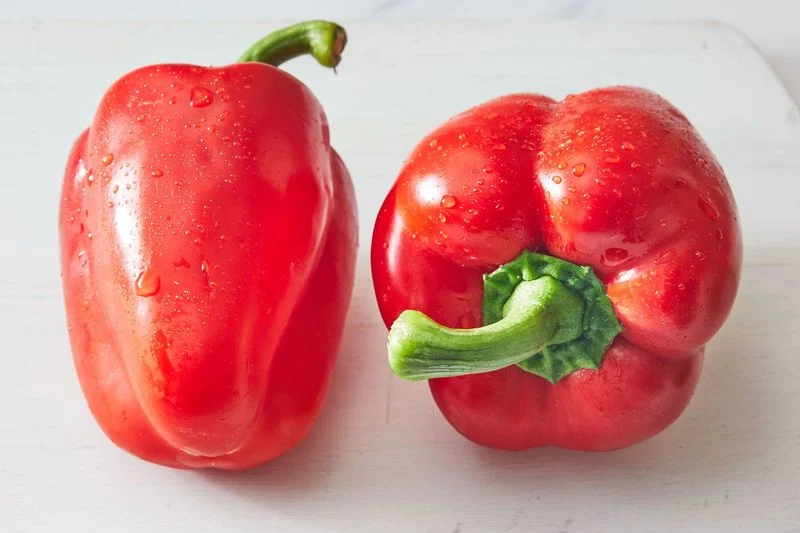
Bell peppers are a nutritious snack for dogs, rich in vitamins A, E, and C. These colorful veggies support a healthy immune system and promote good vision.
Serve them sliced and remove the seeds and stem before offering them to your dog. Bell peppers are packed with antioxidants, which can help reduce inflammation.
Their sweet taste usually appeals to dogs, making them a delicious addition to their diet. With their vibrant colors, bell peppers add a splash of nutrition to your dog’s meal.
Brussels Sprouts
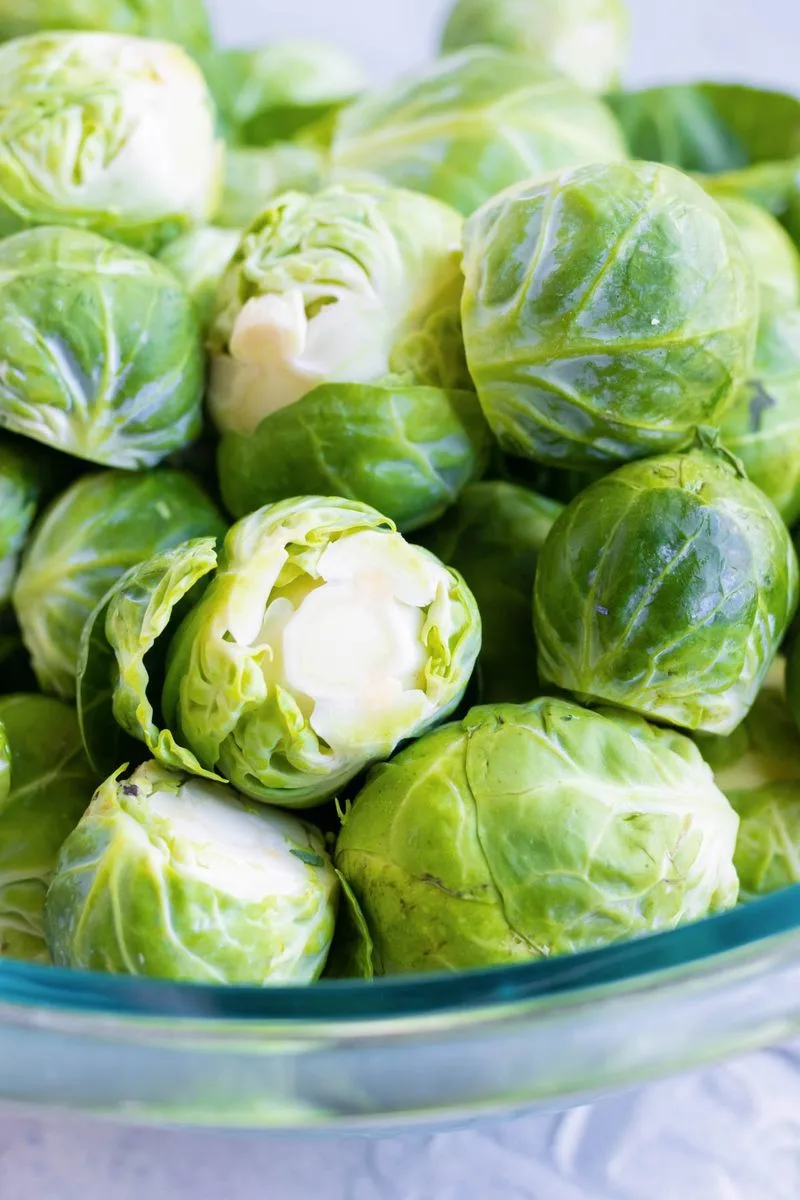
Brussels sprouts are a nutrient-rich vegetable for dogs, offering vitamins K, C, and fiber. They aid in digestion and support a healthy immune system.
Serve them cooked and chopped into small pieces to avoid choking hazards. While beneficial, Brussels sprouts can cause gas, so it’s wise to serve them in moderation.
Their slightly bitter taste might not appeal to all dogs, but when accepted, they can be a healthy addition to their diet, contributing to overall well-being.
Cauliflower
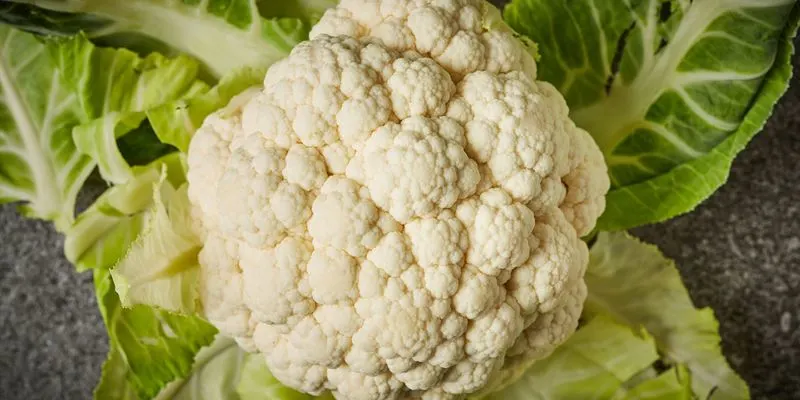
Cauliflower is a low-calorie, fibrous vegetable that dogs can enjoy in moderation. It supports digestive health and is rich in vitamins C and K.
Serve it cooked and chopped to prevent choking risks. Cauliflower’s crunchy texture can be appealing to dogs, making it a fun treat.
It’s important to introduce cauliflower slowly into your dog’s diet to avoid digestive issues. When served properly, it provides essential nutrients that contribute to a balanced diet, enhancing your dog’s health.
Cabbage
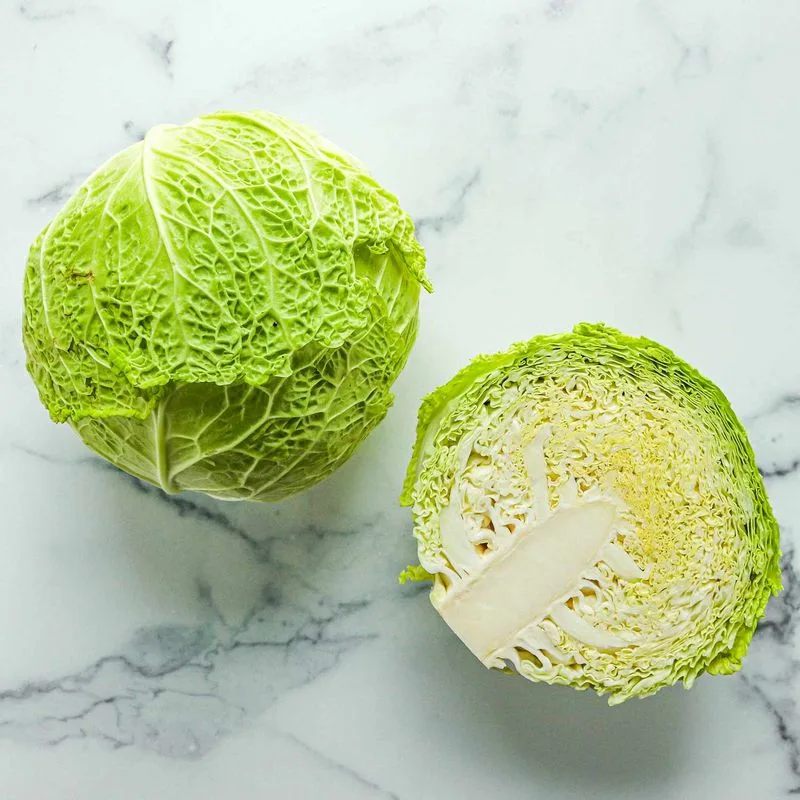
Cabbage is a safe and nutritious vegetable for dogs, providing vitamins K and C, along with antioxidants. It supports digestive health and can help with weight management.
Serve cabbage cooked and chopped, as raw cabbage might be too tough on your dog’s stomach. It’s a fibrous vegetable that aids in regular bowel movements.
Its crunchy texture might be appealing to some dogs. Including cabbage in your dog’s diet can add variety and nutrients, promoting overall health and well-being.
Parsley
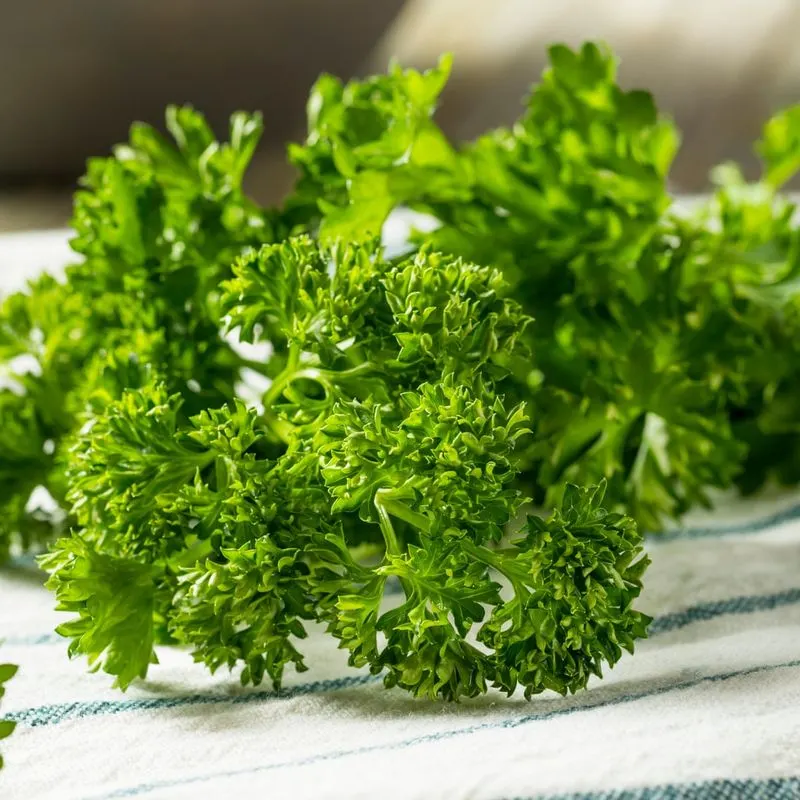
Parsley is a nutrient-rich herb that offers many benefits for dogs. It freshens breath and supports kidney function. Parsley is rich in vitamin K, which aids in blood clotting.
Serve it chopped and sprinkled over your dog’s regular meals as a garnish. While beneficial, it should be given in moderation due to its high oxalate content.
Its fresh taste may not appeal to all dogs, but when accepted, it can enhance their diet with essential nutrients, contributing to their overall health.
Kale
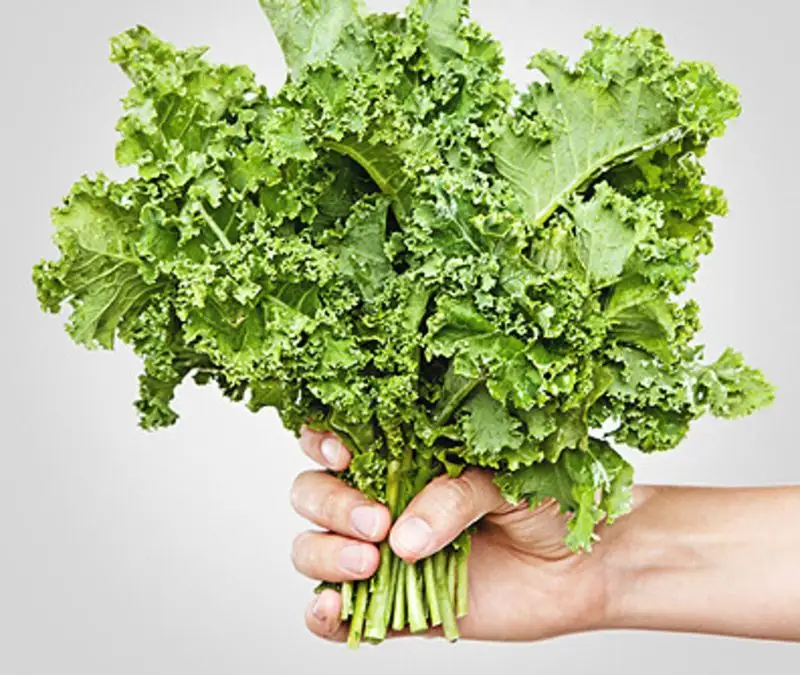
Kale is a nutritional powerhouse, offering a rich supply of vitamins A, C, and K, along with antioxidants. It supports healthy bones and vision in dogs.
Serve kale cooked and chopped to make it easier to digest. While nutritious, it should be fed in moderation to avoid potential thyroid issues.
Its slightly bitter taste might not be favored by all dogs, but when accepted, it can be a highly beneficial addition to their diet, enhancing their health and vitality.
Butternut Squash

Butternut squash is a delicious and nutritious vegetable for dogs, rich in fiber and essential vitamins like A and C. It supports digestion and a healthy immune system.
Serve it cooked and mashed or in small chunks to ensure easy consumption. Its sweet taste often appeals to dogs, making it a delightful treat.
Including butternut squash in your dog’s diet adds variety and nutrition, promoting overall health and well-being. As with all new foods, introduce it slowly to monitor for any reactions.
Beets
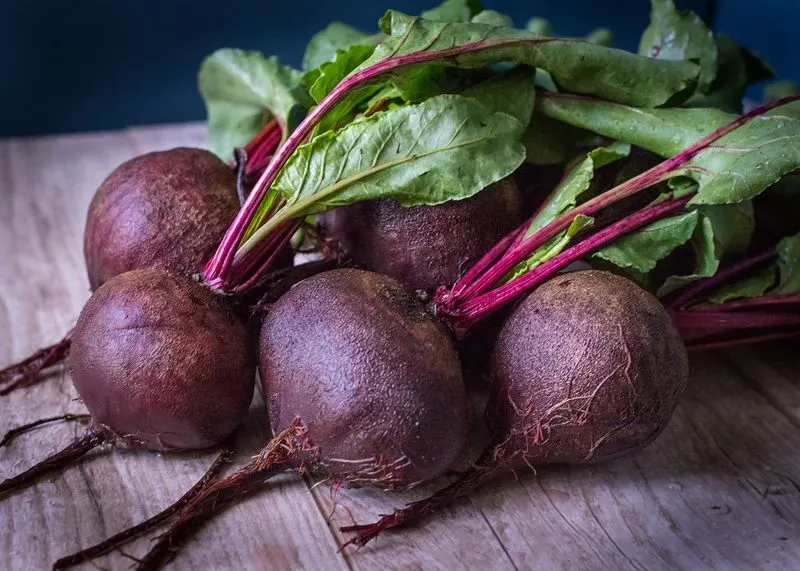
Beets are a vibrant and nutritious addition to a dog’s diet, rich in fiber and vitamins like C and manganese. They support healthy digestion and promote heart health.
Serve beets cooked and sliced or pureed to make them easy to eat. Their natural sweetness is often enjoyed by dogs.
It’s important to introduce beets gradually to prevent digestive upset. When served in moderation, they can provide a boost of nutrients, enhancing your dog’s overall health and vitality.
Asparagus
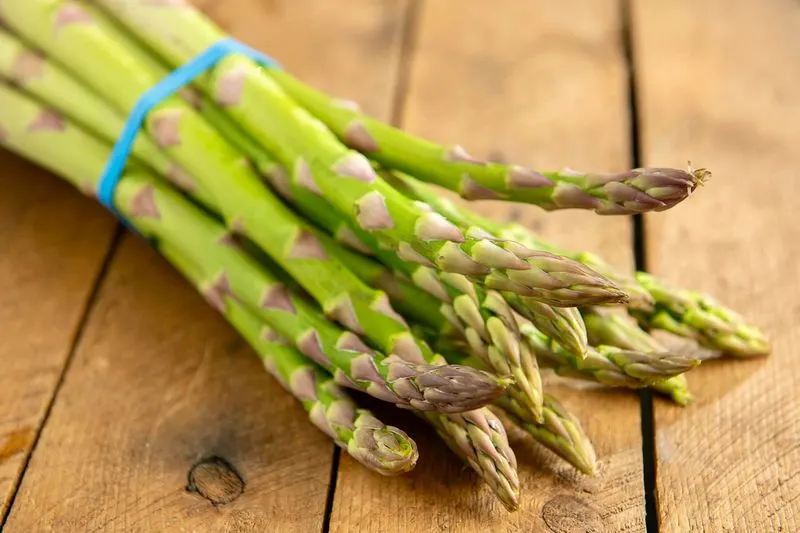
Asparagus is a low-calorie, nutrient-rich vegetable that can benefit dogs. It offers vitamins A, C, and K, supporting vision, immunity, and bone health.
Serve asparagus cooked and chopped into small, manageable pieces to avoid choking hazards. Its fibrous nature aids in digestion, making it a healthy addition to meals.
Some dogs may not favor its taste, but when accepted, asparagus can add valuable nutrients to their diet, promoting overall well-being and health.
Artichokes
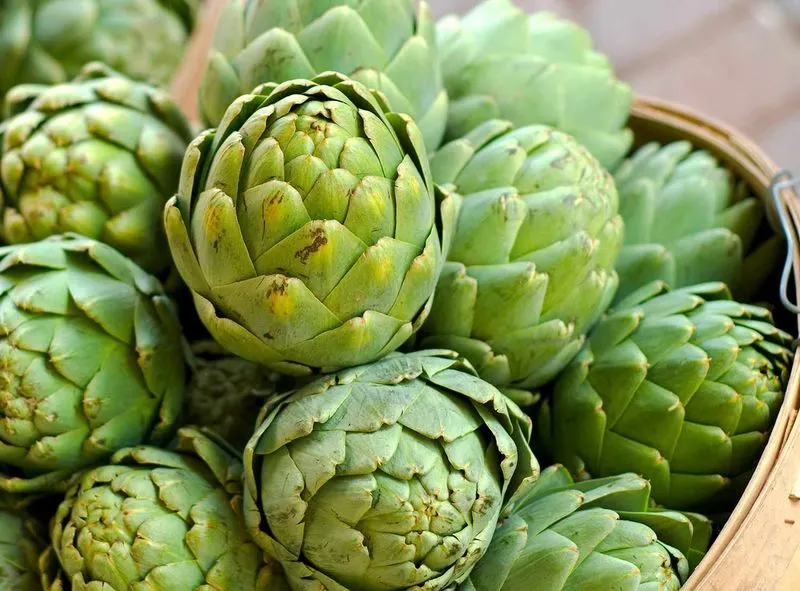
Artichokes are a unique vegetable that can be beneficial for dogs. They are rich in antioxidants, fiber, and essential vitamins, supporting liver function and digestion.
Serve artichokes cooked and chopped, avoiding the tough outer leaves which might pose a choking hazard. Their slightly nutty taste can be appealing to some dogs.
While not every dog may enjoy artichokes, they can be a nutritious addition to their diet, providing a range of benefits that support overall health.
Collard Greens
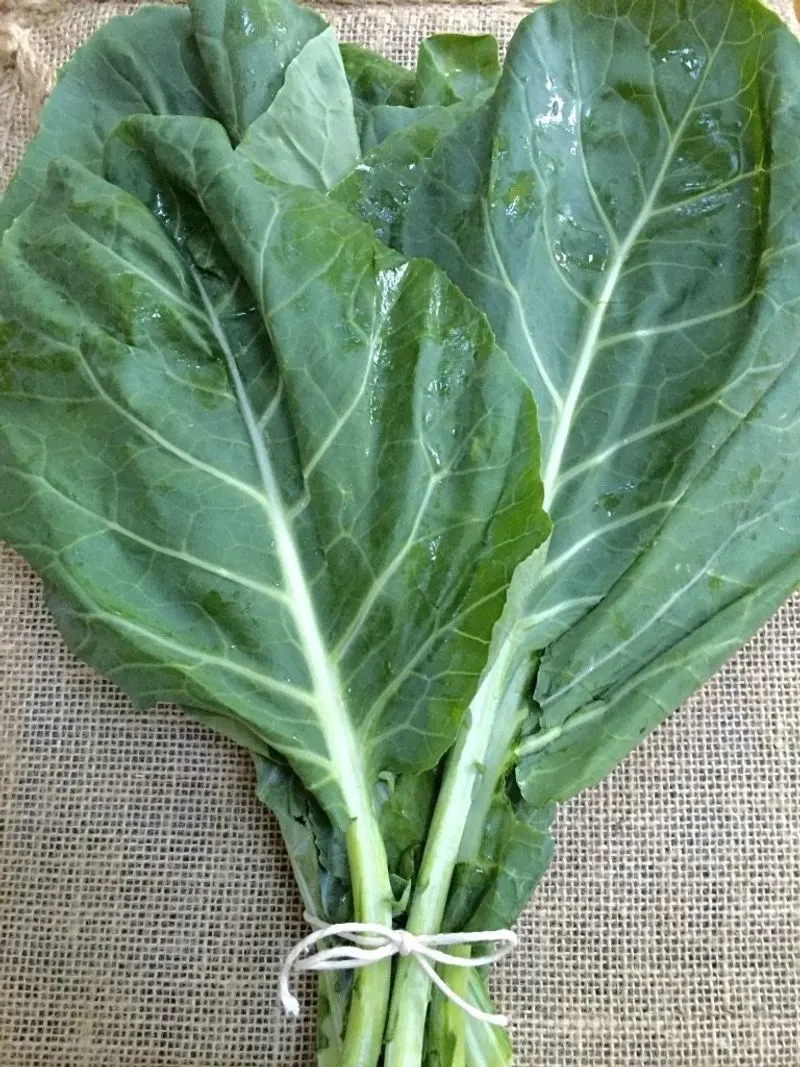
Collard greens are a nutritious vegetable for dogs, offering fiber and essential vitamins like A, C, and K. They support eye health and immune function.
Serve them cooked and chopped to ensure they are easy to digest. These greens are particularly beneficial for dogs needing extra nutrients.
While collard greens can be a bit bitter, their nutritional benefits make them a worthwhile addition to your dog’s diet, supporting overall health and vitality.
Turnips
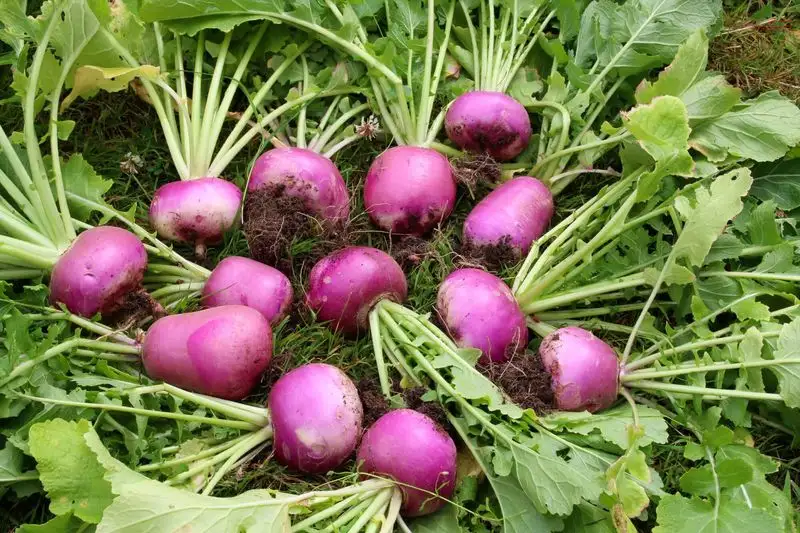
Turnips are a safe and nutritious vegetable for dogs, rich in vitamins C and B6, as well as essential minerals like calcium and potassium. They support healthy metabolism and bone health.
Serve them cooked and chopped to ensure easy consumption. Turnips may have a slightly peppery taste, which can be intriguing to dogs.
Including turnips in your dog’s diet adds variety and nutrients, promoting overall health. As always, introduce new foods gradually to check for any adverse reactions.

